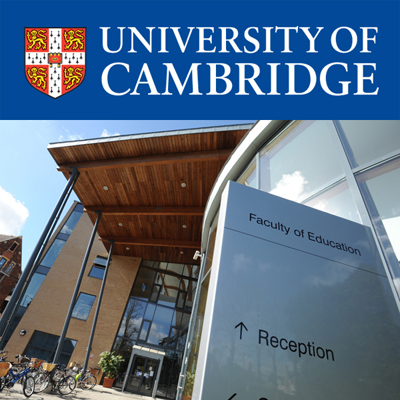Teacher Competence Beliefs on Classroom Assessment Practices in Secondary Schools in Kazakhstan. The Development of External Assessments in Multiple Languages. A Test of Learning, Certification or Accountability? Perceptions of Standardized Testing in Kazakhstan.
Duration: 1 hour 32 mins
Share this media item:
Embed this media item:
Embed this media item:
About this item

| Description: |
Kazakhstan is a country undergoing massive educational reform including the introduction of a trilingual policy in all schools.
Since 2012, Cambridge International Examinations (CIE) has been working together with departments of the Nazarbayev Intellectual Schools (NIS) group to produce external assessments which test the knowledge and skills present in the curriculum introduced under the Integrated Programme of Development (IPD). This paper sets out to examine the application of a Western construct of the three primary purposes of national summative assessment to post-Soviet context undergoing educational reform. These purposes are defined as assessment for: learning; certification and school accountability (Black, 1998). |
|---|
| Created: | 2015-11-27 14:55 | ||||||||||
|---|---|---|---|---|---|---|---|---|---|---|---|
| Collection: | Kazakhstan programme open seminar series | ||||||||||
| Publisher: | University of Cambridge | ||||||||||
| Copyright: | Madina Tynybayeva, Matthew Dean, Peter Ashton, Dr Liz Winter and Dr Ros McLellan | ||||||||||
| Language: | eng (English) | ||||||||||
| Keywords: | Kazakhstan; Trilingual Policy; Classroom Assessment Practices; Cambridge International Examinations; Nazarbayev Intellectual Schools; Integrated Programme of Development; External Assessment; National Summative Assessment; Black; Unified National Test; Standardized Testing; Bologna Process; EHEA; NUGSE; | ||||||||||
| Credits: |
|
||||||||||
| Abstract: | Taking a cross-cultural perspective, this paper presents results of a qualitative study into classroom assessment practices of teachers in secondary schools in Kazakhstan. Particular attention is given to how teachers move from a post-Soviet construct of competence based on simple knowledge accrual and testing against state standards to a more Westernised student competence and formative assessment belief model. Therefore, the primary aim of this study is to apply Western theories of the purposes of assessment to the context of teaching English, Kazakh and Russian in Kazakhstan by exploring local teachers' beliefs and understanding about their practices.
This presentation will contextualise some of the processes and procedures that are required to produce external assessments as well as some of the bespoke arrangements that have been developed for the NIS context. In particular, how the necessity to produce and administer the same assessments for some subjects in multiple languages has led to the further development and adaptation of existing practices. Research among school teachers and students in Kazakhstan resulted in qualitative data comprising 51 interviews and focus groups obtained from various types of schools. The dataset was designed to satisfy research questions on how the three purposes were met by the current national school-leaving assessment tool, the Unified National Test (UNT). A fourth area of discussion was how continuity of assessment was managed between the school system and a newly Bologna Process-compliant higher education sector (EHEA, 2012). Results indicated that the UNT was unable to satisfy all three purposes effectively, or to prepare students adequately in a learning-outcomes approach to assessment. Authors: Dr Liz Winter (FoE), Dr Daniel Torrano (NUGSE), Dr Ros McLellan (FoE) with assistance from Daurenbek Kuleimenov, Arailym Soltanbekova and Madina Tynybayeva (NUGSE). |
|---|---|

